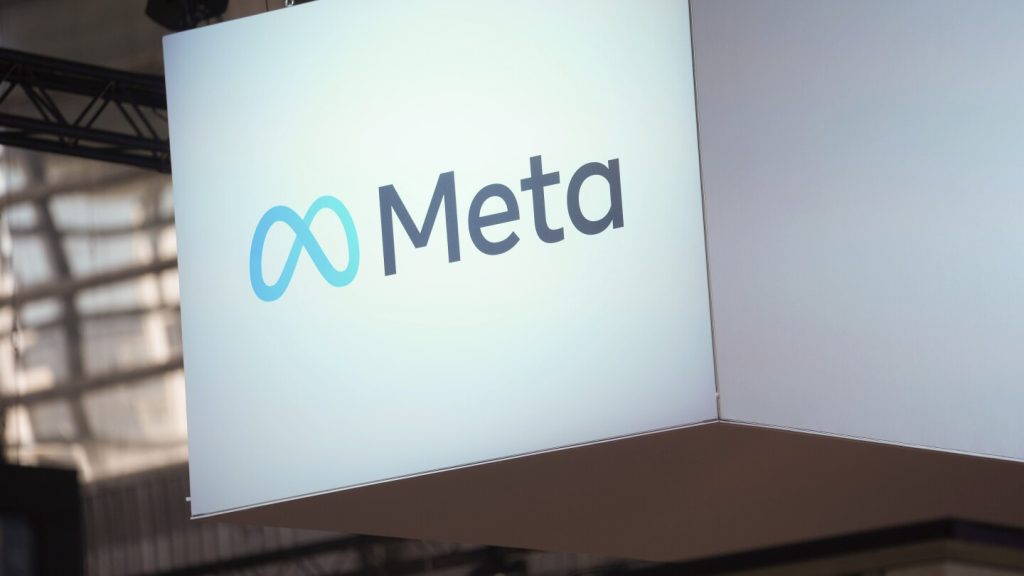Meta, the parent company of popular social media platforms like Facebook, Instagram, and WhatsApp, is facing concerns about data protection in Europe as it seeks to train its artificial intelligence models using data from users in the region. The company, which owns Facebook, Instagram and WhatsApp, stated that it needs to use public data from European users to better reflect their languages, geography, and cultural references in its AI models. However, Meta’s AI training efforts are being hindered by strict European Union data privacy laws that give individuals control over how their personal information is used. Activist Max Schrems, leading a Vienna-based group called NOYB, has complained to privacy watchdogs about Meta’s AI training plans, urging them to intervene.
AI language models like Meta’s Llama AI are trained on large pools of data to predict the most likely next word in a sentence, with newer versions being more advanced and capable. While Meta’s AI assistant feature is integrated into Facebook, Instagram, and WhatsApp in the U.S. and 13 other countries, it is notably not available in Europe. Meta’s global engagement director of privacy policy, Stefano Fratta, emphasized the importance of training AI models on public content shared by European users to understand regional languages, cultures, and trending topics on social media accurately. He mentioned that other tech companies like Google and OpenAI have already trained their models on European data.
Fratta clarified that Meta will not use private messages or content from European users under the age of 18 for AI training purposes. Since May 22, the company has sent out 2 billion notifications and emails to European users explaining its plans and providing an option to opt out. The updated privacy policy, scheduled to take effect on June 26, indicates that training for the next AI model will commence shortly after. Meta’s efforts to inform and involve European users in the process of training its AI models demonstrate a commitment to transparency and respect for user privacy in the region.
The use of AI models in social media platforms raises concerns about user privacy and data protection, especially in regions like Europe where strict regulations are in place. Meta’s decision to leverage public data from European users for AI training has sparked criticism from privacy advocates like Max Schrems, who argue that the company must respect the rights of individuals to control their personal information. As AI technology continues to advance, companies like Meta will need to navigate the complex regulatory environment in Europe while balancing the need for innovation and improving user experiences on their platforms.
Despite the challenges posed by EU data privacy laws, Meta is determined to proceed with its AI training efforts to enhance the accuracy and relevance of its models for European users. By training on public content shared by users in the region, Meta aims to ensure that its AI features are well-informed about the diverse languages, cultures, and topics that are prevalent on social media. The company’s proactive approach in informing European users about its plans and providing them with the option to opt out demonstrates a commitment to respecting user choices and privacy preferences. As Meta prepares to start training for the next generation of its AI model, it will be closely monitored by privacy watchdogs and advocates to ensure compliance with data protection regulations in Europe.
In a rapidly evolving tech landscape, the intersection of AI technology and user privacy presents both opportunities and challenges for companies like Meta. As they strive to innovate and improve their services, tech giants must also consider the ethical implications of AI development and data usage. By engaging with regulators, privacy advocates, and users, Meta can create a more transparent and responsible approach to AI training that respects the rights of individuals while driving progress in the field. As the debate around data privacy and AI ethics continues, Meta’s actions in Europe will serve as a test case for how tech companies navigate the delicate balance between innovation and privacy protection in a digital age.


